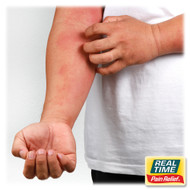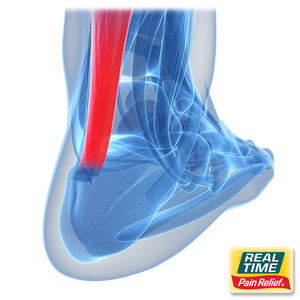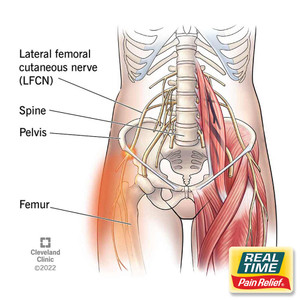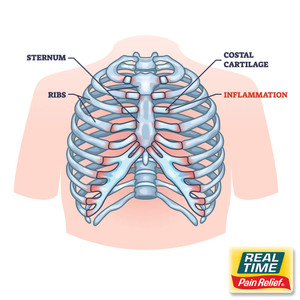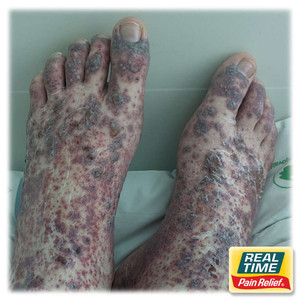7 Relief Tips for Eczema
28th Sep 2022
Are you dealing with eczema? The itching that it causes can be maddening! We have found 7 tips to help you get relief for eczema.
Eczema involves an allergic skin reaction that causes dry and irritated patches of skin. The condition is associated with other immune system disorders. According to the American Academy of Allergy, Asthma, and Immunology, about 50 percent of people with eczema also have food allergies, asthma, or hay fever.
Although eczema can start at any time, it most often appears in childhood. According to the National Eczema Association, about 31 million people in the United States have eczema.
Eczema Causes
Researchers are not entirely sure why some people develop eczema. The theory is that the condition occurs due to an overactive response by the immune system. That may explain why half of the people that have eczema also have allergies or asthma.
Symptoms of eczema usually come and go. Various factors can trigger symptoms of eczema in people that have the condition.
The following may cause a flare-up:
Hot and Cold Temperature
Very hot or cold weather may dry the skin and lead to an increase in eczema.
Allergens
Common allergens, such as pollen and mold, can trigger eczema symptoms.
Hormones
Fluctuations in hormones, especially in pregnancy, may increase symptoms.
Stress
Although stress alone does not appear to cause eczema, it may make symptoms more severe.
Food
Some people may be sensitive to certain foods, such as wheat and dairy, which contributes to an eczema flare.
Symptoms of Eczema Relief
Symptoms of eczema vary significantly. For example, some people only develop mild itching. But for others, the itching is so severe, the skin becomes inflamed.
Typical symptoms include:
- Red and inflamed skin
- Itching (Scratching can lead to chafed and thick skin)
- Areas of swelling
- Scaly patches of skin
- Sensitive, sore skin
- Crusting or oozing
Relief Tips for Eczema
In many instances, mild to moderate eczema is treatable with home remedies. In severe cases, it may be best to see a doctor to reduce your risk of a skin infection.
For home treatment, consider the following relief tips:
#1) Apply a Topical Lotion
A topical lotion is helpful in decreasing symptoms of eczema. Consider a lotion with nature's ingredients. One useful homeopathic ingredient for eczema is berberis aquifolium. Berberis aquifolium is an evergreen shrub with flowers that bloom and develop into blue-black berries. Some studies have indicated that the plant can address the underlying causes of eczema due to its antioxidant and anti-inflammatory effects. It may help reduce itching, dryness, and redness associated with skin conditions, such as eczema.
It is also useful to avoid steroid creams when treating eczema, which is why using a product with natural ingredients is a great option. Steroid creams only provide a short-term solution and can actually increase symptoms since they can promote skin irritation.
#2) Avoid Triggers
Decrease skin irritants that may trigger eczema symptoms. Keep a log of when symptoms develop so you can determine possible triggers. Once triggers are identified, do your best to decrease exposure.
Common triggers include products with fragrances, dyes, and detergents. Use products, such as shampoos, soaps, and cosmetics, with few chemical additives. Pool chemicals can also irritate the skin. If you go swimming, shower as soon as possible to decrease exposure to pool chemicals.
Certain fabrics, such as wool, are scratchy and may also make eczema worse. Opt for clothing that is soft, such as cotton.
#3) Apply Sunscreen
A sunburn or tan can further irritate the skin. A sunburn contributes to dryness and redness. Always use a broad-spectrum sunscreen with an SPF of 15 or more that protects against UVA and UVB rays. Remember to use sunscreen anytime you are outside during the day. The sun penetrates the skin even on cloudy days.
#4) Use a Humidifier
A humidifier can add moisture to the air and may help reduce skin dryness. A cool-mist humidifier is the best option.
#5) Keep the Skin Moist
Take lukewarm baths or showers instead of using hot water, which may dry the skin. Towel dry by patting the skin to reduce the risk of irritation.
It is also helpful to apply a moisturizer within a few minutes of bathing. Applying the moisturizer while still a little damp helps lock the moisture into your skin. Be sure to use a moisturizer every day. But choose one without added fragrances and dyes.
#6) Try Wet Wrap Therapy
For people that have symptoms of eczema that are not responding to the above treatments, wet wrap therapy may help. It involves soaking cotton clothing or gauze in warm water and applying it to the affected area. Put something dry over the area and leave the wet wrap on for several hours.
#7) Keep Your Fingernails Short
Although short nails do not cure or treat eczema, they will help prevent skin damage if you are scratching. Too much scratching with long nails makes you more likely to break the skin, which has the potential to cause an infection.
For over 20 years, families across the U.S. have turned to Real Time’s lotions and creams for PAIN RELIEF YOU CAN TRUST®. From Lifestyle Essentials, through our Nujuvena line, to Pain Relief Formulas, Real Time has you covered.
LEARN MORE
References

